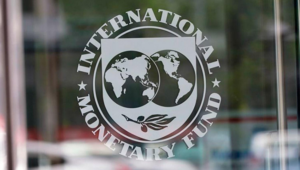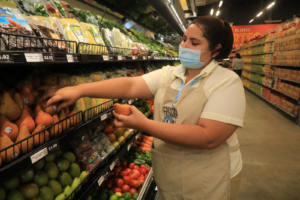
El Salvador has experienced a remarkable boom in tourism, consolidating itself as one of the countries with the highest growth in this sector worldwide. Between 2019 and 2023, the increase in tourism was 40%, generating an economic impact of US$3,665 million. This growth has led tourism to represent 11% of the country’s Gross Domestic Product (GDP), positioning it as a key driver of the salvadoran economy.
El Salvador’s attractiveness lies in its combination of strategic factors. Its privileged geographical location in Central America, the use of the dollar as the official currency and the adoption of bitcoin as legal tender have made it an attractive destination for both tourists and investors. In addition, the country enjoys a controlled inflation rate of just 1.8%, which strengthens its economic stability and competitiveness against other markets.

Tourism growth has also stimulated foreign investment, which has increased by an impressive 344% in recent years. Currently, more than 35 tourism projects are underway, with an estimated investment of US$1 billion. These initiatives seek to diversify and modernize the country’s tourism offer, strengthening infrastructure and services to attract more international visitors.
El Salvador has capitalized on its natural and cultural resources. From its beaches, ideal for surfing, to archaeological sites and nature reserves, the country has managed to project itself as an attractive and accessible destination. International promotional campaigns and the strengthening of public security have been key to transforming its image and attracting millions of tourists each year.

With this sustained growth, El Salvador has not only improved its economic income, but has also generated employment and development in different regions of the country. Tourism is presented as a key tool to continue building a promising future, with a more diversified economy integrated into the global market.







